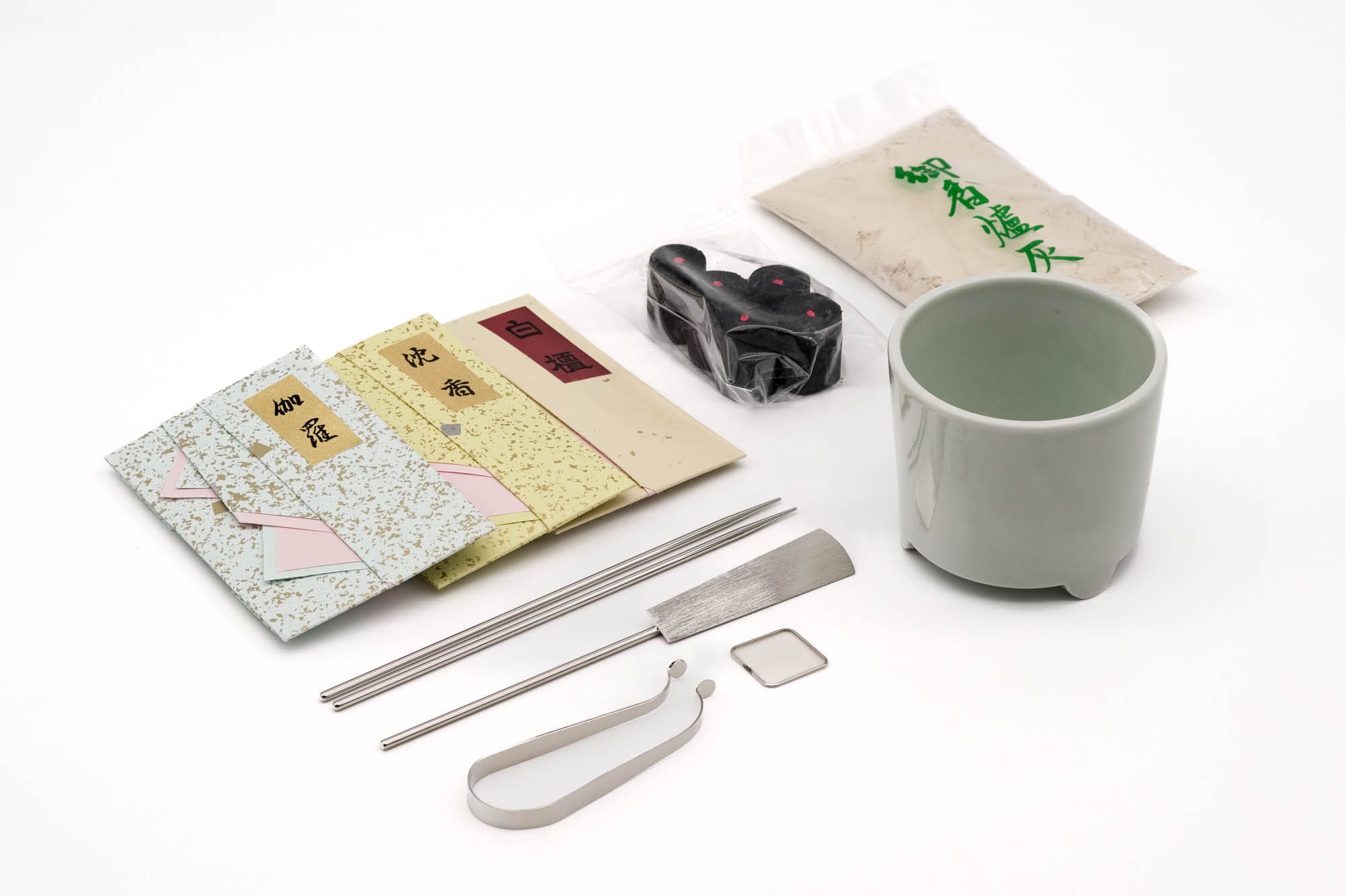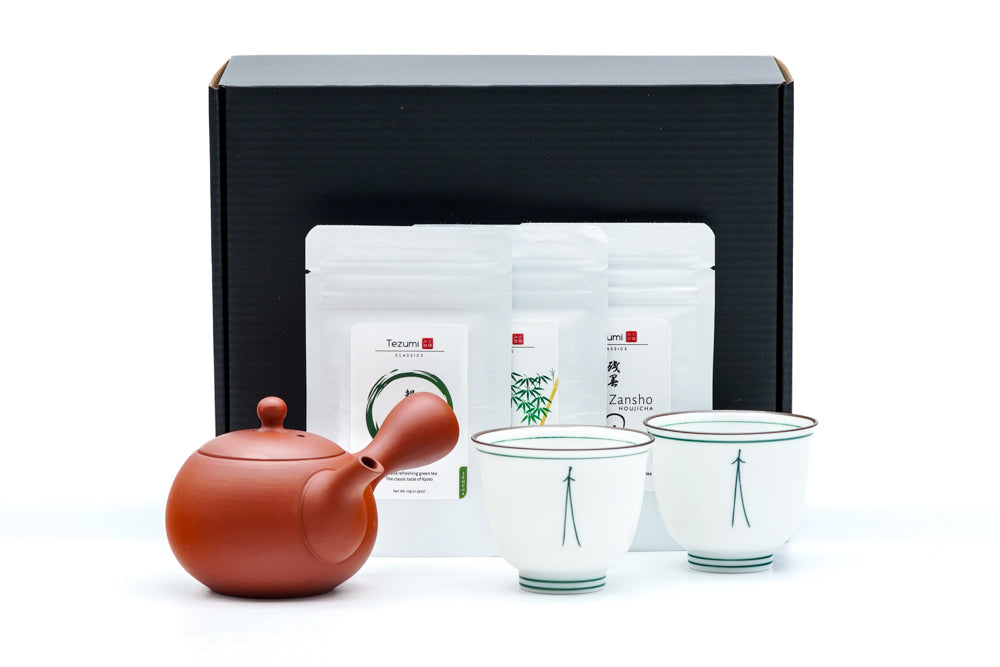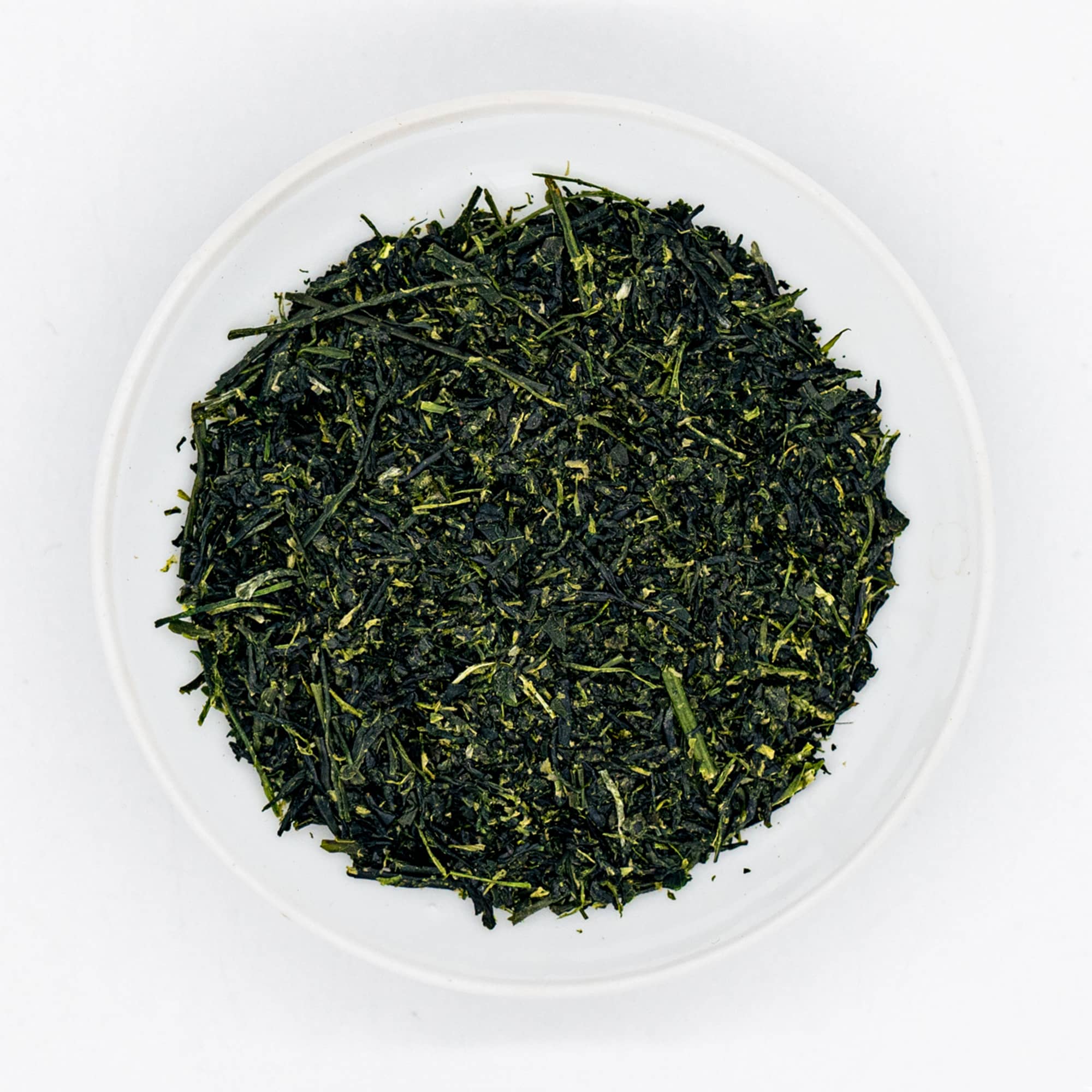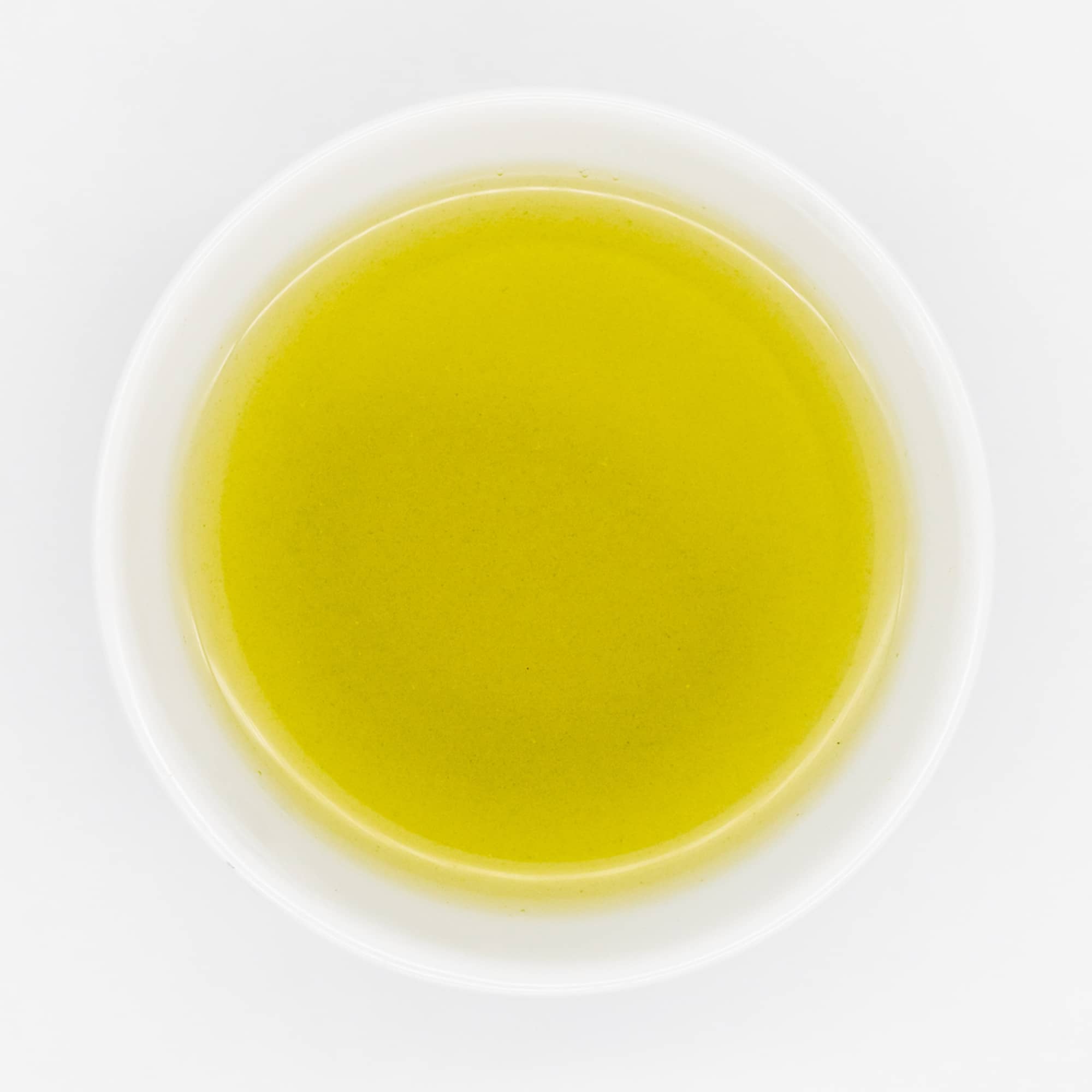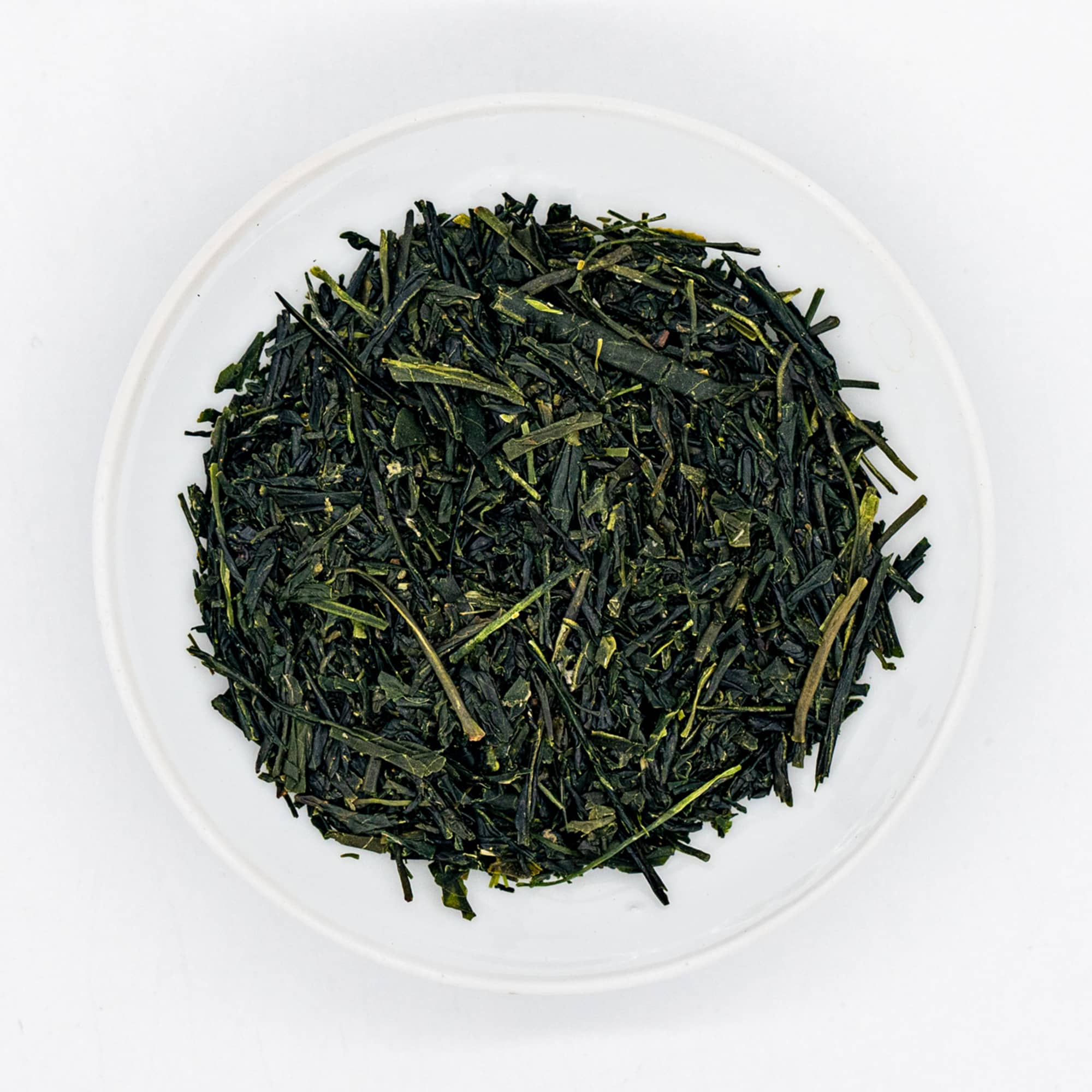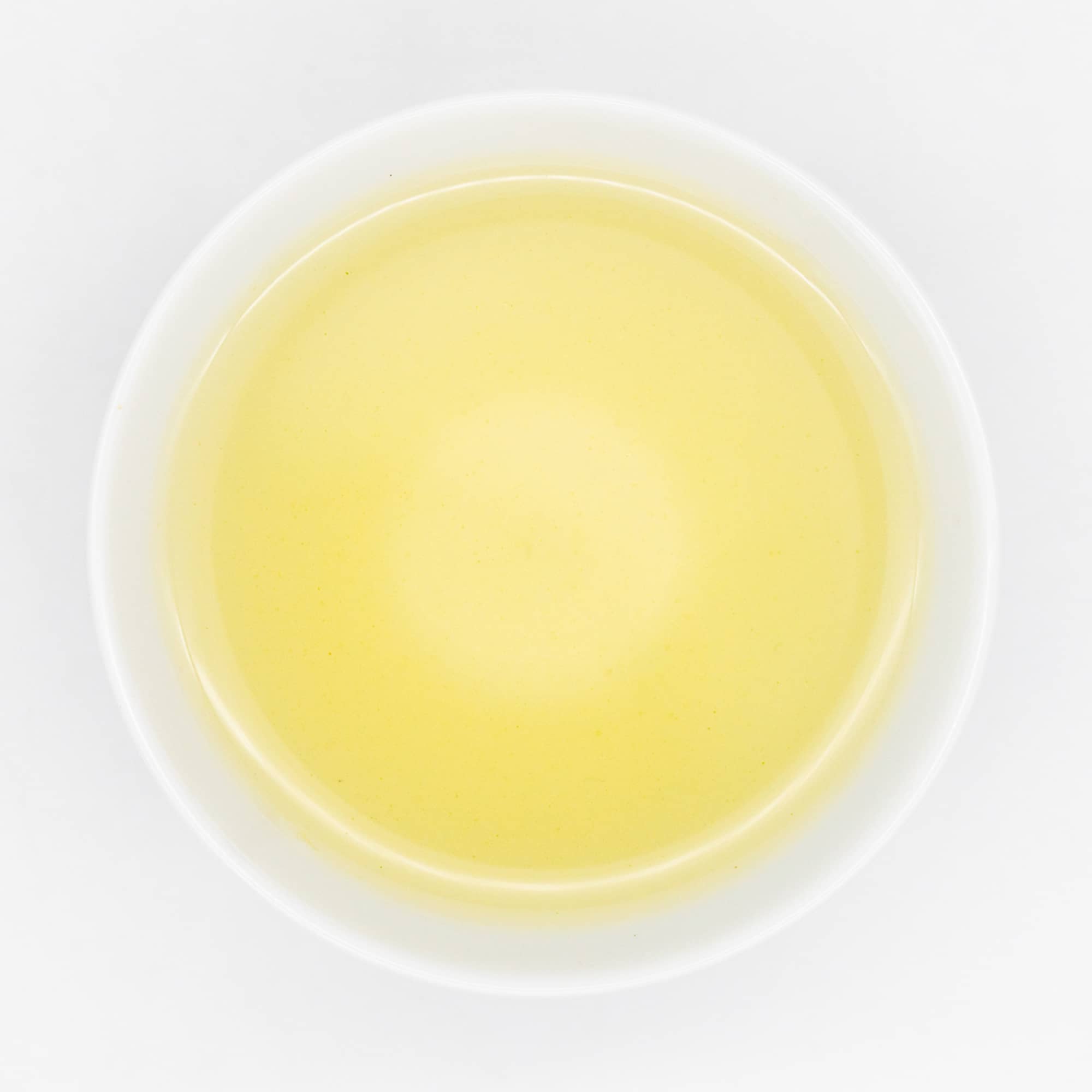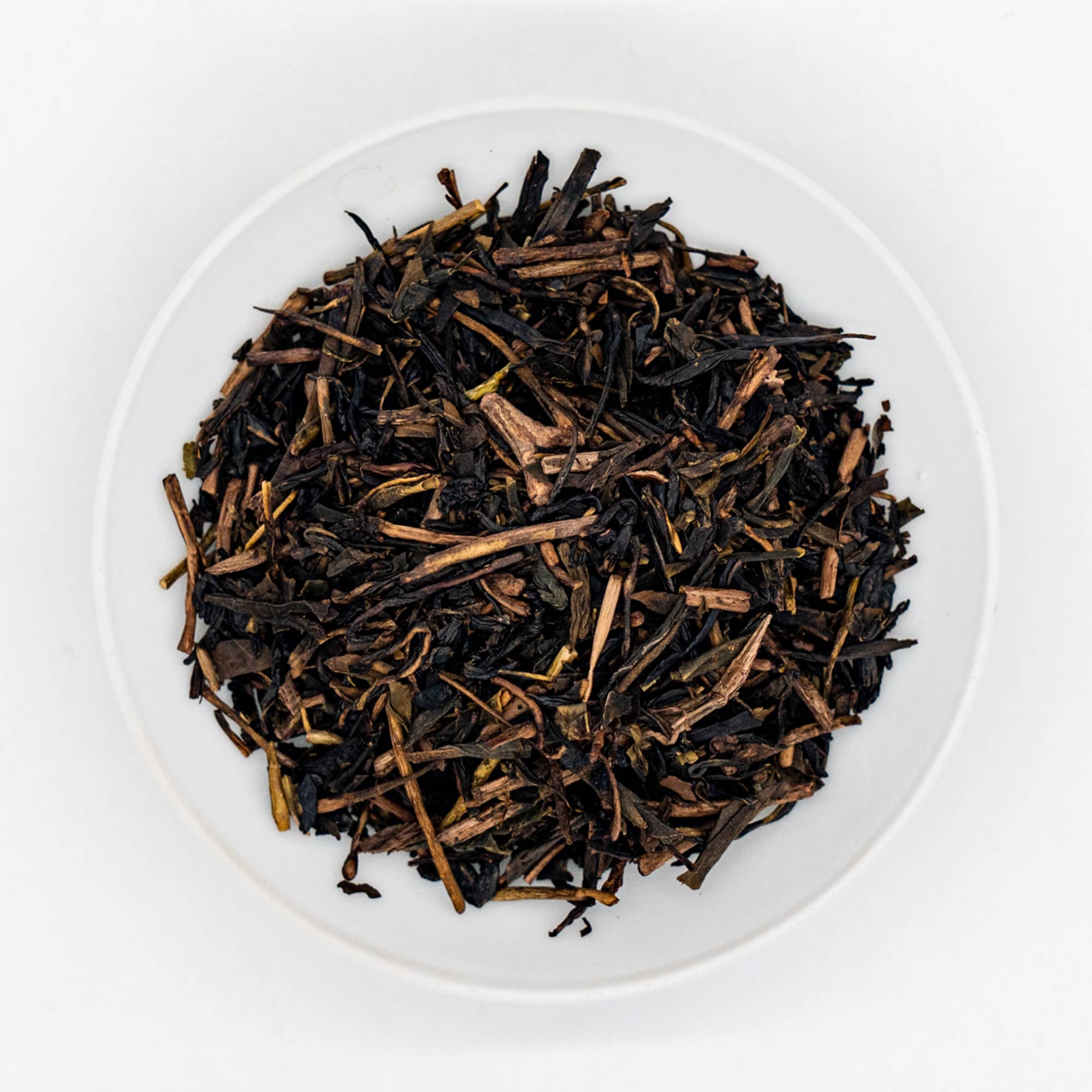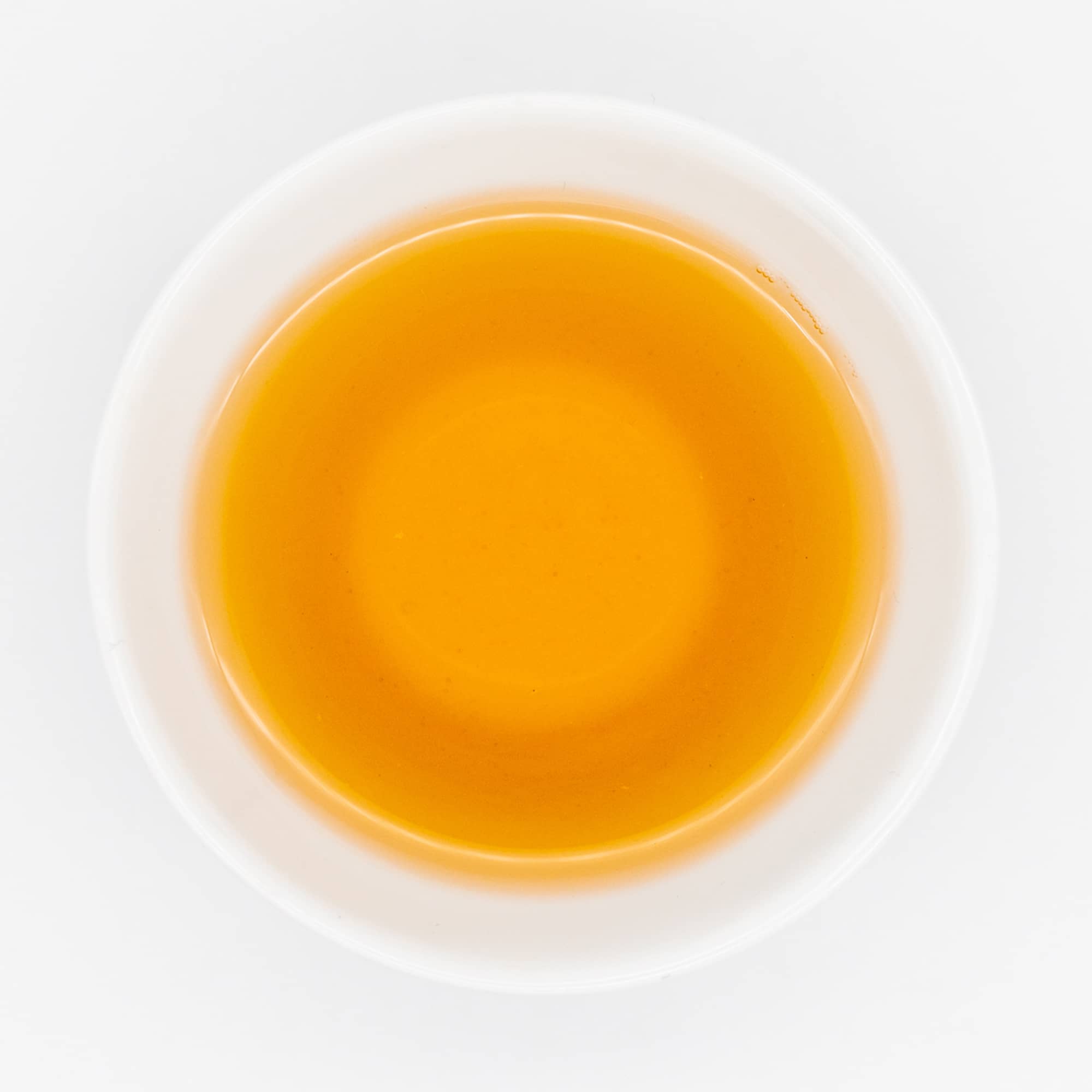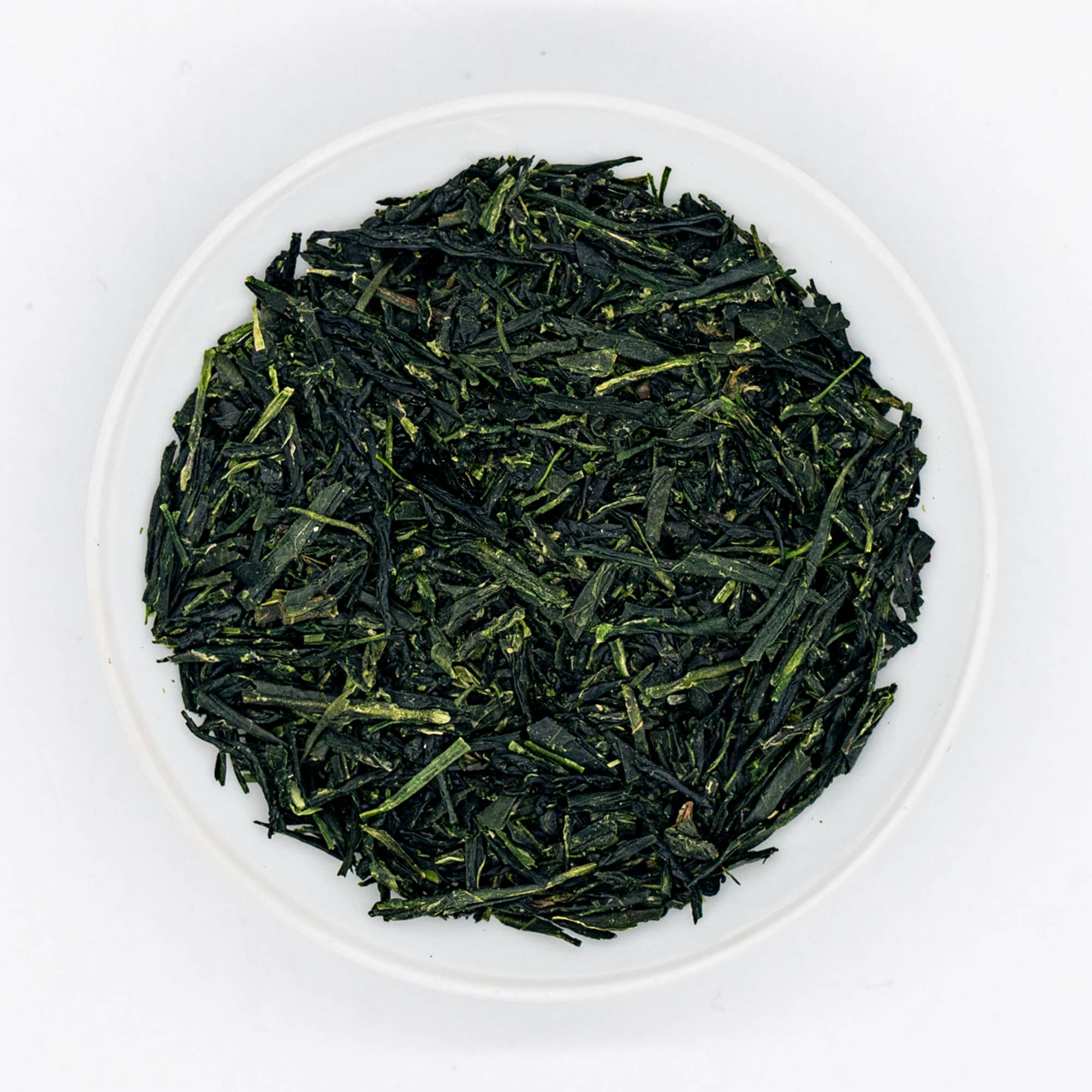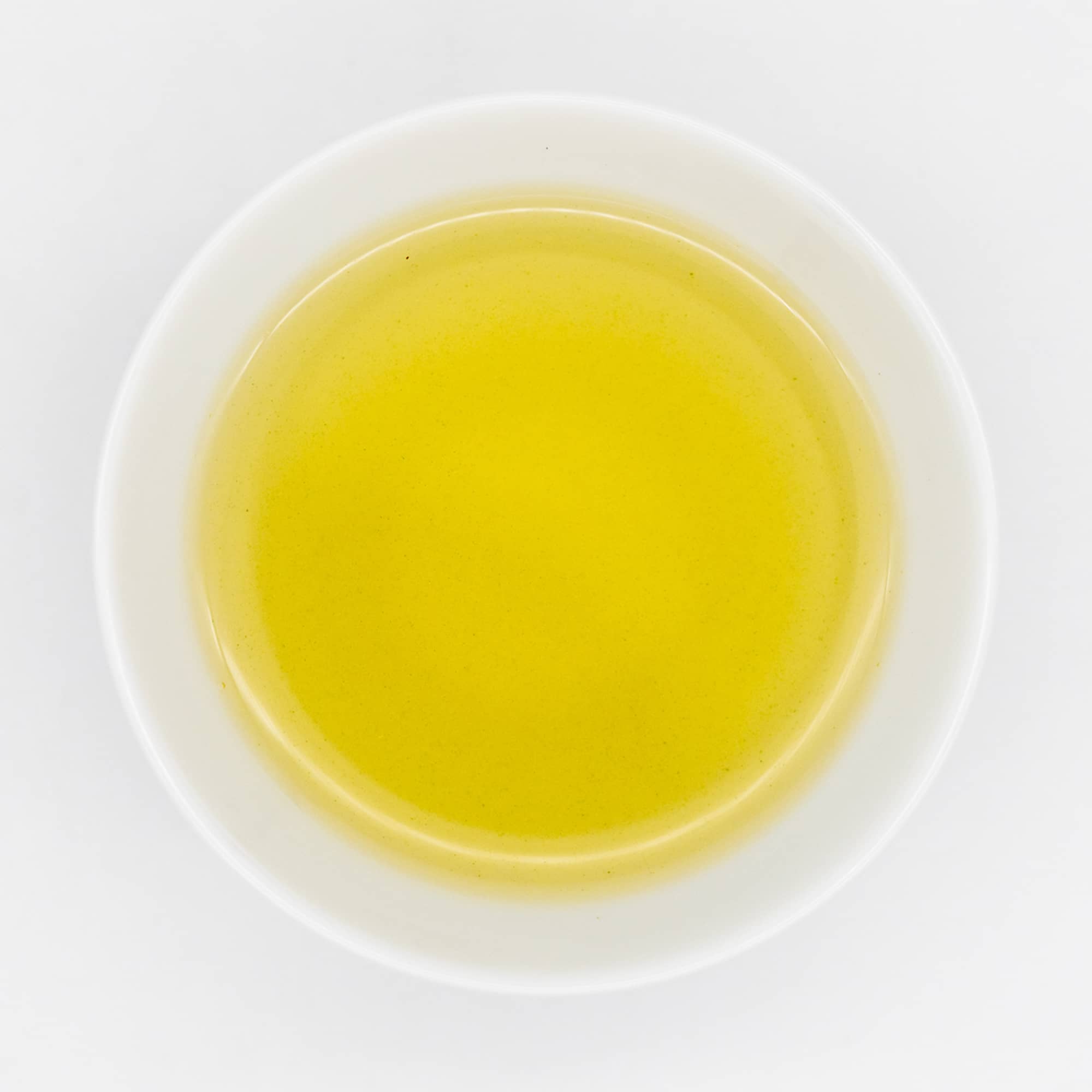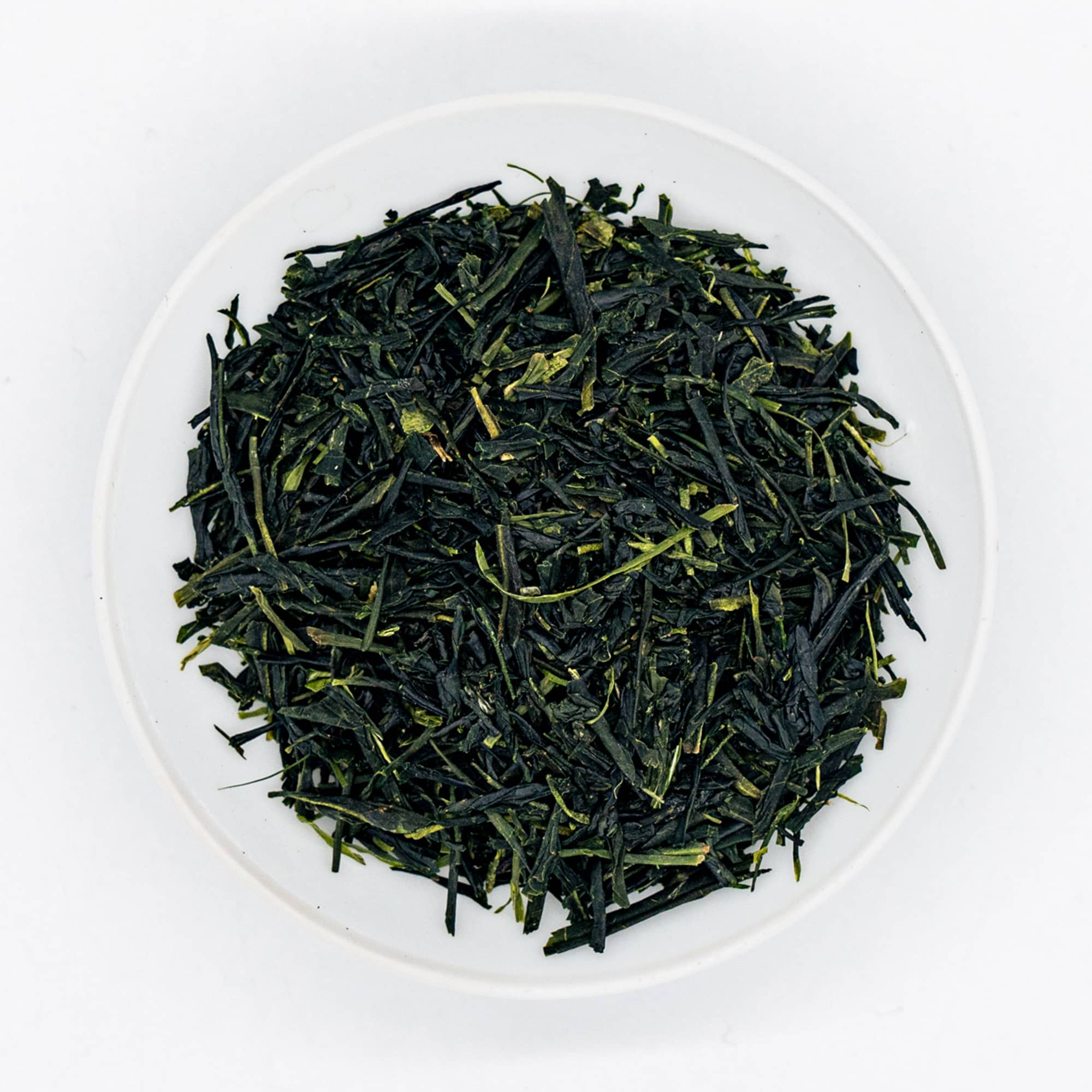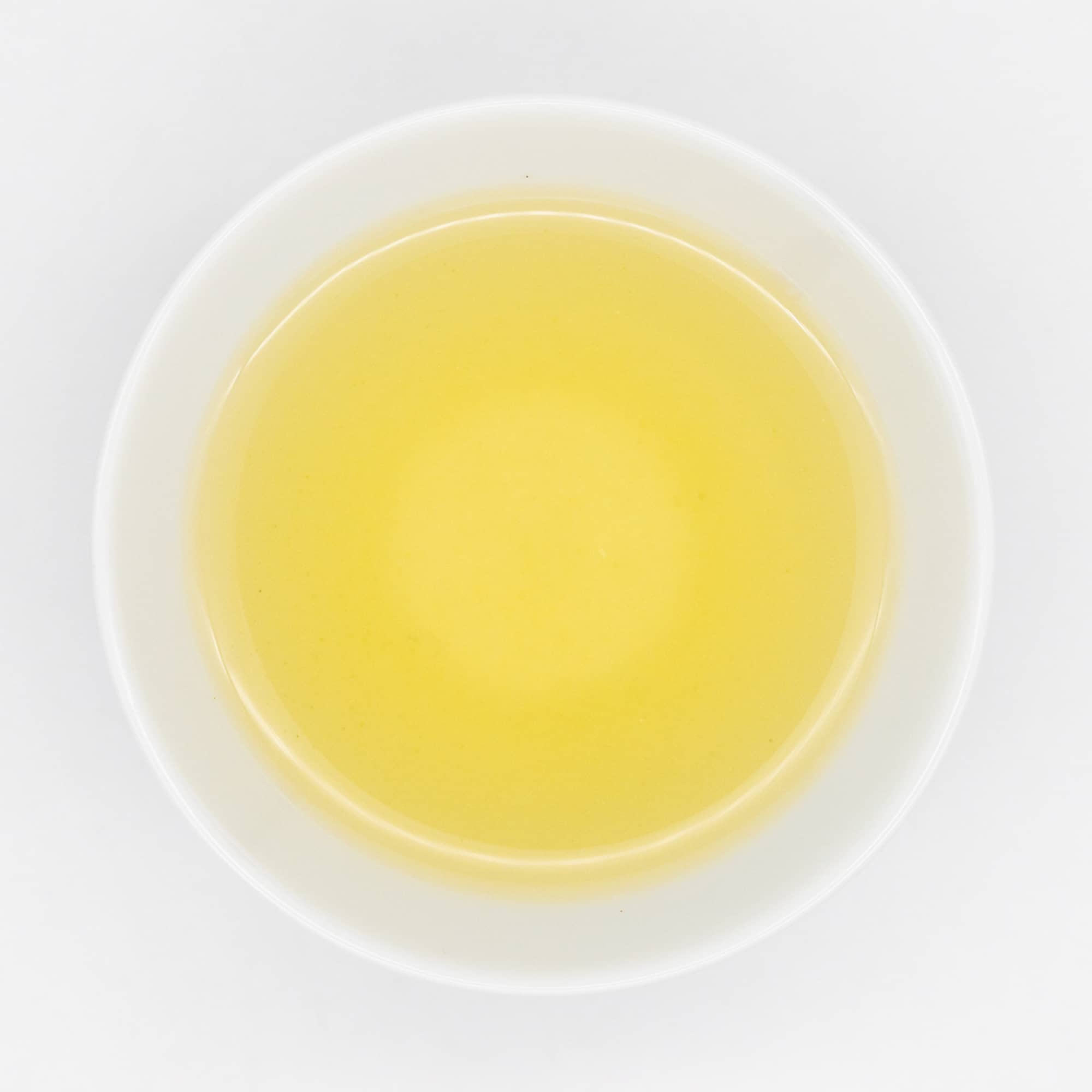With a finer and earlier picking compared to our standard Wazuka Zairai White, these hand-picked leaves undergo the same arduous sun-withering and charcoal-baking, resulting in a truly exceptional tea.
While out standard Wazuka Zairai White was picked with a bud and 3-4 leaves, this tea was picked with a bud and two leaves. The earlier and finer picking means this tea is more bud heavy, resulting in a somewhat nuttier flavour profile. If produced in China, it would be classified as a Bai mudan or White Peony.
Like all of Morisaki-san's teas, this tea was grown without the use of pesticides and chemical fertilisers.
White tea is a minimally processed tea, made by withering and drying freshly picked tea leaves, preferably under the sun. While there is no ‘fixing’ process, oxidation slows and virtually stops as the leaves dry out. After which, higher-grade white teas will undergo a subtle low temperature charcoal roasting to round out the flavour and texture. Despite this simple processing, good white tea is difficult to make, as the oxidation and flavour of the finished tea is determined only by the rate of the wither and drying. Heat, humidity, sunlight, and the arrangement of the leaves on the drying mats all have an impact on this and knowing how to manipulate them (if possible) is part of the skill of white tea making.
Japanese white tea is an incredibly recent development limited to only a handful of farmers. The labour-intensive manual picking and production mean that very little is made. What Japanese white that does exist varies drastically in taste, some are sweet and fresh, others more nutty and creamy. A few taste similar to Chinese white teas while most taste distinctly Japanese.
While Uji may be the most famous tea region in Kyoto, most tea sold as “Ujicha” is actually grown in the neighbouring town of Wazuka, located to the southeast, which produces almost 50% of Uji tea. Dating back to the Kamakura era, tea production in Wazuka has enjoyed an 800-year history. The tea plantations in Wazuka are located on the steep slopes of misty hills and mountains—an environment suitable for high-quality tea leaves, with cool air, short daylight hours, temperature differences between day and night, and well-drained soil. Cultivation of tea plants in such an environment takes a lot of time and effort, making it unsuitable for the methods of mass production employed in the flatlands.

Cultivar: 80 year-old Zairai
Region: Wazuka, Kyoto
Producer: Chaen Morifuku
Harvested: April 23, 2022
Elevation: 200m
Picking: Hand-picked (Bud and two leaves)

Brewing Instructions



Meet the Producer
Chaen Morifuku (茶園森福)


Cultivar: 80 year-old Zairai
Our Loose Leaf Selection
View all







